Does Stainless Steel Rust? Understanding Corrosion Resistance
 Dec 11,2024
Dec 11,2024

Stainless steel contains minimum of Cr content of 10%. This Cr when reacted with oxygen in air creates a protective film. And an excellent corrosion resistance produced as a result in the alloy. Stainless steel, at the present, has at least more than 150 grades globally. The reason is, it is low maintenance, high corrosion resistance and high strength. But there is some situation in which corrosion resistance of steel gets affected. And it does not remain that much corrosion resistant. This article will explain all the important about the corrosion resistance of stainless steel.
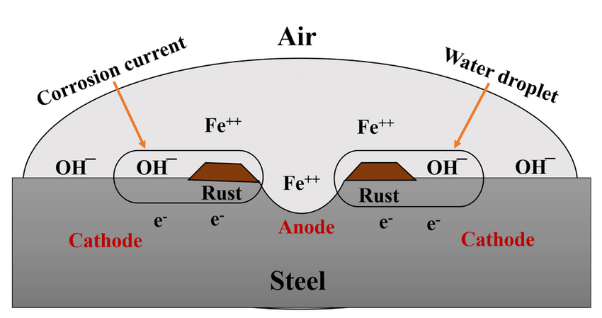
Can Stainless Steel Rust?
Stainless steel has natural corrosion resistance. However, it is not fully resistance to rust when it encounters chemicals, humidity, high temperature, or grease, for a longer time. Still, it is higher than conventional steel. The potential of corrosion depends on the chromium amount in alloy. The higher the chromium, the less is the chance of corrosion formation.
Does Stainless Steel Rust Easily?
No, stainless steel does not rust easily, in fact, it is one of alloys that is most durable in resistance to corrosion and rust like copper alloy. It corrodes very slowly than other alloys. Chemical composition plays an important role in corrosion resistance of steels.
Is stainless steel rust proof?
No, it is not completely rust proof. There are some situations in which it can rust like exposure to chemical, oxygen, humidity, seawater and hard scrubbing or mechanical abrasion and improper cleaning.
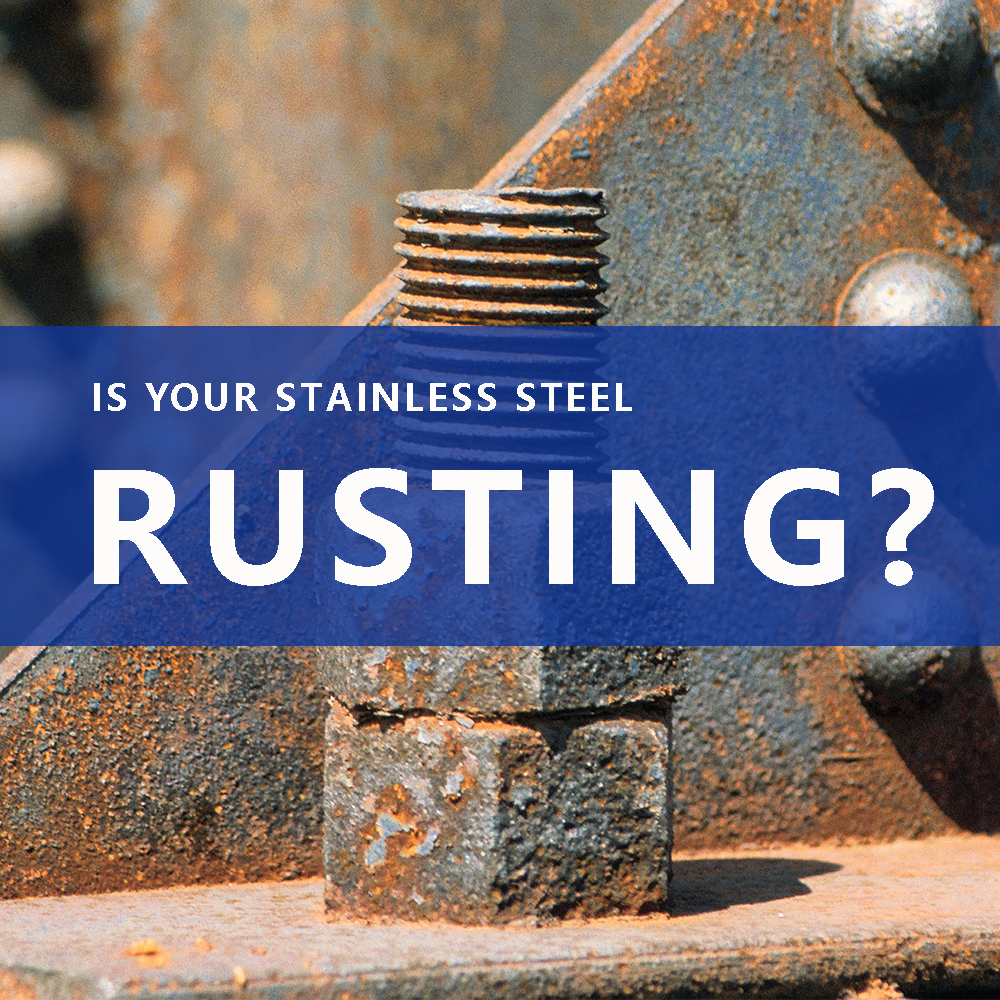
Does stainless steel oxidize?
Yes, it can oxidize. However, it is designed in such a way that it has higher corrosion resistance, but this resistance can be compromised. This is when water, chemicals, and high temperatures are encountered with the alloy for a longer time.
Does Stainless Steel Jewelry Rust?
No, jewelry does not rust. That is why the hypoallergenic stainless steel is used in jewelry. But it can rust if there is an interaction between its alloying agents and the environment.
Will Surgical Steel Rust?
No, surgical steel will not rust. There is an oxide bond between the chromium layer and the surgical steel. This layer will heal itself if you damage the steel's exterior. Therefore, it is almost impossible to rust
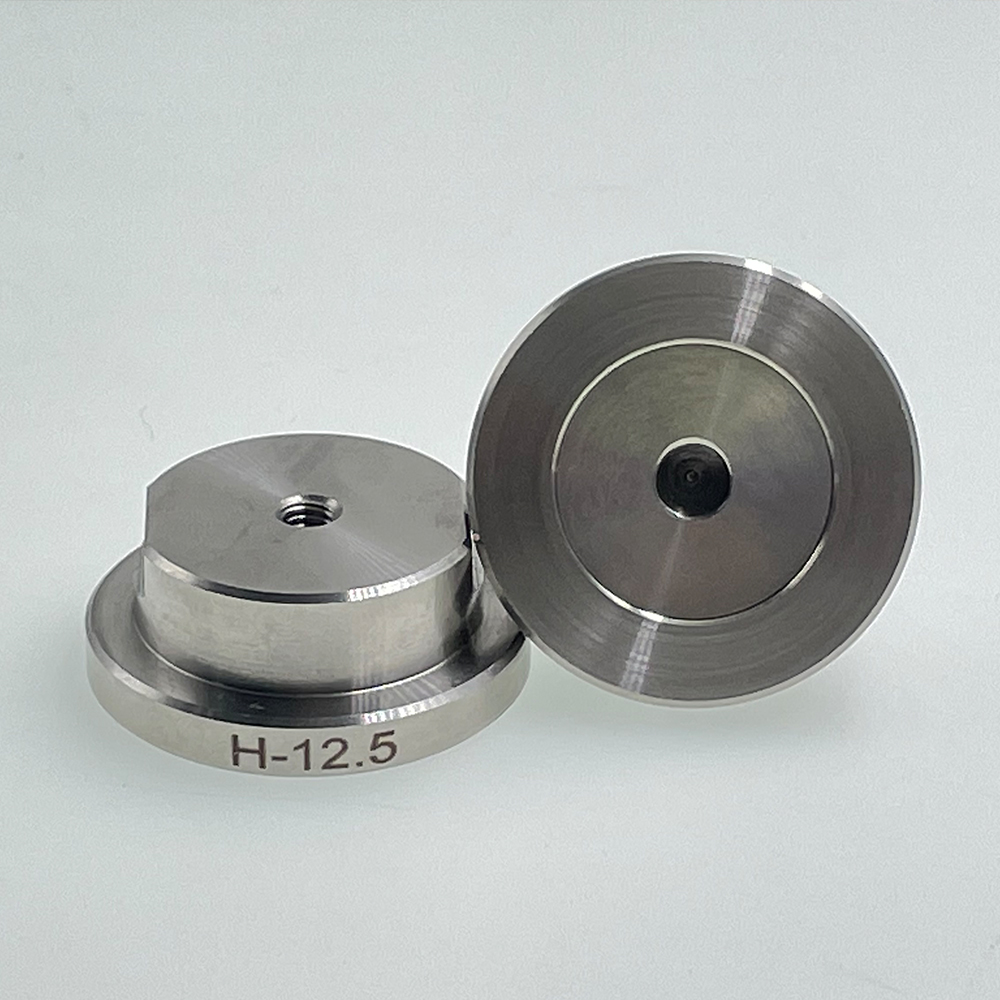
Types of Stainless-Steel Corrosion
The corrosion of stainless steel has different types.
Pitting Corrosion
It is a localised form of corrosion. In this corrosion, cavities and holes are created all over the surface. This corrosion occurs when the environment contains chlorides
Crevice Corrosion
It is also a localized corrosion. It occurs at the crevice between two connected surfaces. This can occur between two metals or metal/non-metal alloy.
Stress Corrosion Cracking
It suddenly occurs and results in an unexpected ductile failure of alloy at higher temperatures. The reason is the static tensile stress, environment, and sometimes metallurgical conditions.
Intergranular Corrosion
This occurs when the grain boundaries in the material are prone to corrosion. It can also occur in other metals and alloys like nickel, aluminum, bronze etc.
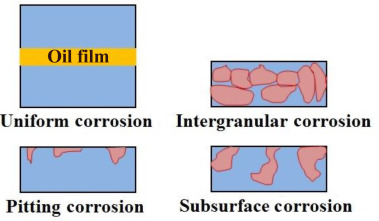
Does Stainless Steel Rust in Specific Environments?
Yes, stainless steel can rust in specific environments like chlorine, salt, and other harmful containing environments. High temperatures like during welding can also initiate corrosion.
Does Stainless Steel Rust Outdoors?
Stainless steel generally has outdoor environment corrosion resistance but in certain conditions like extreme exposure to heat or chemical, aggressive environment or welding or harsh scrubbing can initiate corrosion.
Does stainless steel rust with sweat?
Yes, it can rust with sweat, moisture, or soil, if left untreated. Proper cleaning and maintenance are required to make stainless steel corrosion resistant
Does Stainless Steel Rust in Saltwater or Marine Environments?
Yes, it can rust in saltwater. There are different factors for corrosion of stainless steel in the marine environment. These are like different stainless-steel grades which have different corrosion resistance levels, low oxygen environment and localized corrosion in marine environments.
Does Stainless Steel Rust in High-Temperature Conditions?
Yes, it can rust in high temperature like during welding. stainless steel oxidizes when exposed to oxygen, sulfur or halogens.
What Causes Stainless Steel to Rust?
There are a few factors that can initiate corrosion in stainless steel. some of them are as:
Lack of Chromium or Inadequate Alloying
The chromium content is the main alloying element for high corrosion resistance in stainless steel. If it is less than 10%, steel is prone to corrosion. Highly resistant and high strength stainless steel contains 18.5% Cr.
Exposure to Chlorides and Salt
Harsh chemicals like chloride ions, salt or seawater can corrode steel.
Mechanical Damage and Scratches
Harsh scrubbing or mechanical abrasion can damage the protective layer of stainless steel. This can cause corrosion in stainless steel.
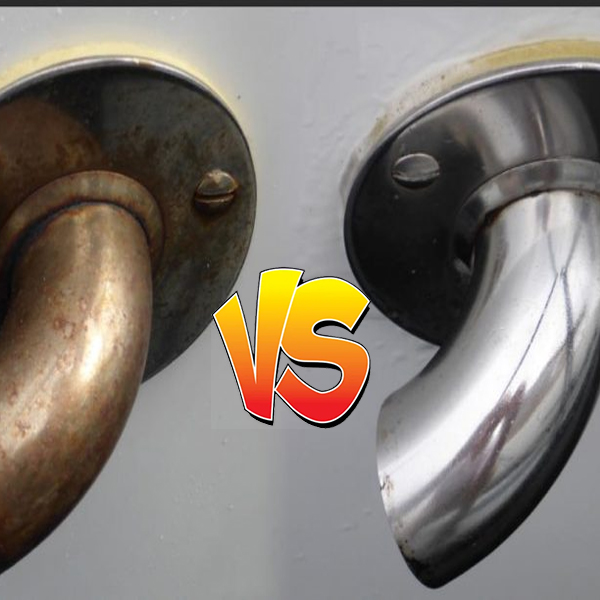
How to Prevent Rust on Stainless Steel
stainless steel can be prevented from corrosion
- Design consideration is the primary step for corrosion protection. Select suitable grades like for marine environment grades with high chromium content must be selected.
- Apply a protective coat of oil coating, or paint for rust resistance.
- Passive treatments like using nitric acid or citric acid to create a protective layer over the surface for rust prevention
- Cleaning agents like containing citric acid lemon or vinegar or baking soda to protect the surface
- Use metal paint or citric acid to remove rust
- Using electrochemical protection method by creating anode and cathode and connected in electrochemical cell with a solution
- Chromium oxide is the best protective film on stainless steel. This keeps the metal away from direct contact with oxygen and water. Regularly restore or passivate steel to protect this film
Will 304 Stainless Steel Rust?
304 is a corrosion resistant alloy like copper alloys. However, prolonged exposure to harsh chemicals, seawater or high temperature can cause corrosion.
Does 316 Stainless Steel Rust?
No, 316 has very high corrosion resistance. That is why it is used in marine environments, surgical tools and bioimplant. But regular maintenance is required to keep it protected.
Does 430 Stainless Steel Rust?
430 has moderate corrosion resistance. but it is known for its resistance to nitric acid, and it is mostly used in chemical industries.
Does 18/10 Stainless Steel Rust?
18/10 has 18% Cr and 10% Ni. This makes it a very corrosion resistant alloy. It is used in kitchen utensils, accessories and many more.
What Are the Best Applications for Stainless Steel?
The best applications for stainless steel are:
- Outdoor Applications
Due to excellent corrosion resistance and work hardened material, it is one of the common alloys used in construction bridges, marine structure, outdoor equipment like nuts and bolts, trims, flooring, handrails and many more.
- Marine and Coastal Environments
It is ideal due to unique chemical composition and work hardenability, for pipelines, oil grills, coaster power plants, heat exchangers for ships, riders for oil platforms, and for hulls of boats and ships.
- Food Processing and Healthcare Applications
It is best for food processing because of ease of cleaning, durability and high chemical and thermal resistance. in medical devices, stainless steel is used in prosthetic human implants, and surgical tools.
How to Clean or Remove Rust from Stainless Steel
The best and easiest way to remove rust from stainless steel is by using citric acid like lemon or vinegar and using baking soda. Gently rub the steel by sprinkling baking soda or squeezing lemon or vinegar on material. or commercial rust remover can also be used according to manufacturer’s instruction.
Conclusion
Understanding the factors that cause stainless steel to rust is essential. This knowledge is crucial for its proper maintenance and longevity. Tuofa CNC machining services in China. By selecting the appropriate grade. Implementing regular maintenance routines. Taking preventative measures. You can significantly enhance the durability and performance of stainless steel components. Remember, the key to preventing rust lies in consistent care. And the right choices tailored to the specific environmental conditions.Click here to get a free quote.
FAQ
Will Stainless Steel Tarnish
No, it does not tarnish. That is why hypoallergenic stainless steel is used in jewelry.
Does Stainless Steel Stain
Yes, it can stain in certain harsh environments. But, in general it is corrosion resistant and stain-free material.
Is Rust on Stainless Steel Harmful
Rust can be harmful if consumed. But stainless steel is safe to use.
How fast does stainless steel rust
stainless steel rusts very slowly than other materials. It corrodes in as a little in few months in harsh conditions.
 Tel/WeChat:
Tel/WeChat:  Email:
Email: 
 Home
Home
 Does Aluminum Rust? Causes and Solutions
Does Aluminum Rust? Causes and Solutions 







